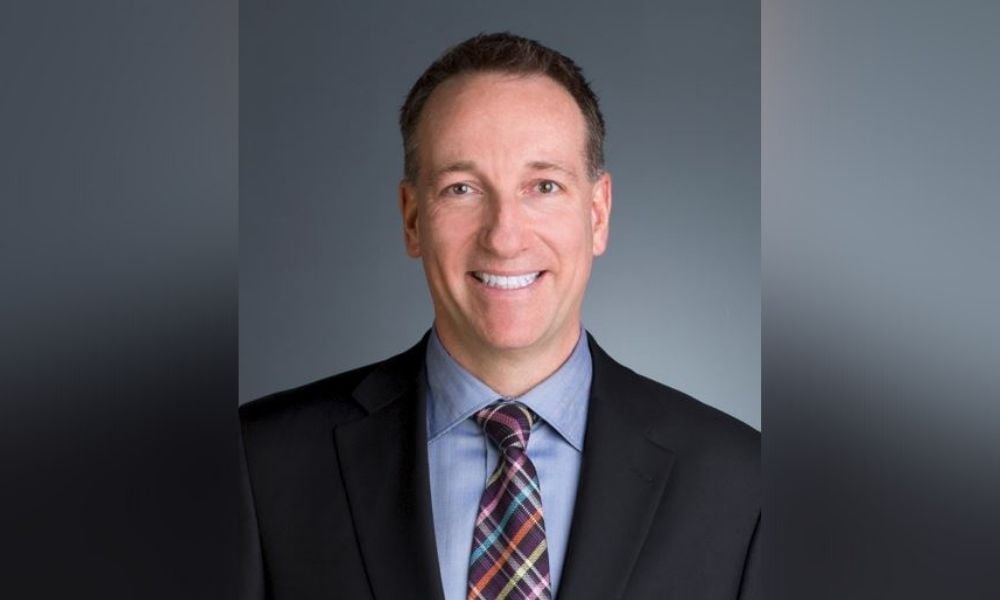Advisor says he's concerned the average Canadian investor won't even notice product shelves are being reduced

It’s been seven months since the Hougen Wealth Management team left BMO in Calgary for Raymond James, but Mark Hougen appreciates the fact he can still play with a full product shelf as the banks reduce theirs in response to client-focused reforms. Now, he’s more concerned about average Canadians who may not know the banks are offering them fewer options, which may not be in their best interest.
“One of the big factors why I left the bank was the fact the banks were pushing their own in-house product,” Hougen, a former BMO Nesbitt Burns Vice President who’d been with the bank for 20 years, told Wealth Professional. “When I was at BMO, we were only allowed to buy a BMO in-house money market, even if it wasn’t as good as everyone else’s. Our hands were tied and that’s not in the client’s best interest.
“I have a fiduciary obligation to my clients, and that’s important to me. That legal and ethical obligation is to always do what’s in the client’s best interest, and not focus on what is best for the bank, and that conflict is why so many advisors have left the bank firms,” said Hougen, now a Senior Vice President and Portfolio Manager at Raymond James Canada.
“I think it’s an absolute outrage that the banks have decided to put themselves and their interests first, ahead of their clients,” said Hougen, predicting more advisors and their clients will move to the independents as they realize that. “That’s certainly the trend with advisors, and I think we’re going to see that with clients, too, because they need to feel that you’re looking out for them and their interest at all times. They don’t want you to sell them some in-house product just because you’re making more money at it. That trust will be broken. You can’t rebuild that.”
One of the reasons Hougen’s team picked Raymond James was because it has no proprietary products.
“So, I can find the ideal solution for each client without any corporate interference. I can do whatever I think is best for my client, and that’s exactly what, frankly, real advisors should be doing all the time,” he said. “You can’t deliver that fiduciary obligation if you work at a bank where they’re restricting the shelf, and that seems to be what they’re all doing right now.”
Hougen now is concerned about average Canadians who deal with banks without independent advice.
“I don’t think that the average person is even going to notice this (product shelf shrinking) is happening, sadly,” he said. “That’s where the regulations should always be putting the client first.”
While his 120 clients moved with him, and he’s added 10 since, he’s surprised how well they accepted the move. His assets have also grown by 21% – to $290 million from $240 million – in seven months.
He’s also concerned that the number of people who have access to high-quality financial advice is shrinking because the dollar threshold they need for it is climbing.
“When I started at Nesbitt 20 years ago, we could take clients with $100,000. That would be a young couple with $50,000 each in their RSP. We could start with them in their 30s, and they could grow into substantial clients,” he said. “Now, most advisors at bank-owned firms are restricted from taking clients with less than $500,000.
“So, most Canadians are pushed down to the bank level with young, well, inexperienced, ‘advisors’ who are selling bank product. The vast majority of Canadians are never going to get access to true independent advice,” he said. “I do worry about that in the future. There aren’t enough new young advisors to pick up the slack and start again with those 30 to 40-year olds.”
WP reached out to a number of major Canadian banks for comment but they either declined or did not respond to our request.
This article was amended to remove quotes from CIBC and RBC concerning their product shelves, which were sourced from previous WP articles.



